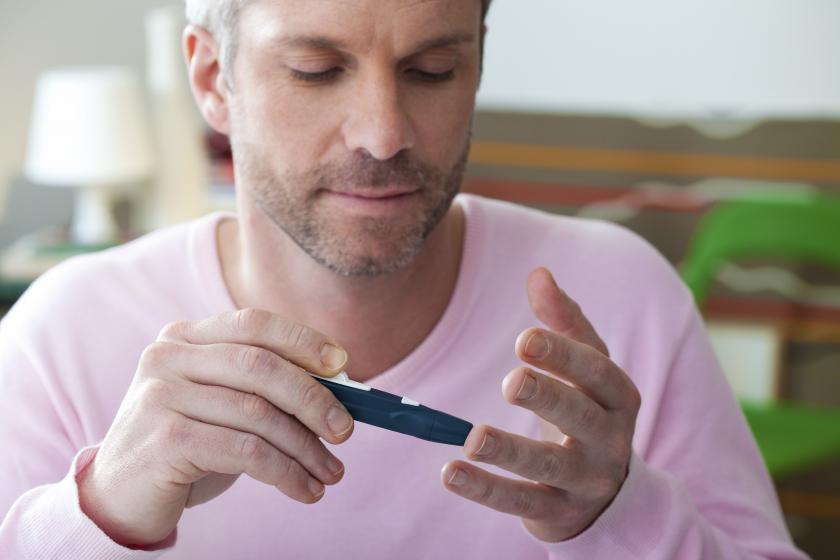Potential to effectively prolong islet cell function, combating type 1 diabetes
Diabetes mellitus, or simply diabetes, is a group of diseases characterized by high blood glucose (i.e. high blood sugar, hyperglycemia) that results from defects in the ability to produce and/ or use the hormone insulin. With the advent of, and improvements in, pharmaceutical insulin over the last century, management of the disease has improved significantly however it is still amongst the top 10 most common causes of death worldwide.
415 million people globally are living with diabetes of all types, representing 1 in 11 of the world’s adult population. Thereof, almost half are expected to live with diabetes undiagnosed.
There is no cure of diabetes, and effective management hinges upon tight regulation of blood glucose levels. Associated difficulties include deterioration of multiple tissue types, and severe complications can include retinopathy and blindness, leg/ foot ulcers and associated amputations, neuropathies, kidney failure, cardiovascular disease and heart attacks, and strokes.
In type 1 diabetes, the pancreas is unable to produce sufficient quantities of insulin. It is an auto-immune disease in which, mistakenly, an immune attack is mounted against own healthy beta cells. The onset typically occurs in children and young adults.
There are no treatments available that would protect pancreatic islet cells from damage and maintain their functionality, or that would support restauration of damaged islet cells. Whilst pancreatic islet cell transplants are theoretically conceivable, precluding obstacles to widespread application include inadequate means for preventing rejection and limited supply of donor islets.
Our research suggests sPIF may support delaying or preventing need for islet cell transplant. Findings also illustrate an intriguing positive impact on insulin production by islet cells. Preclinical models of diabetes have shown a material reduction in diabetes as a result of sPIF treatment.
